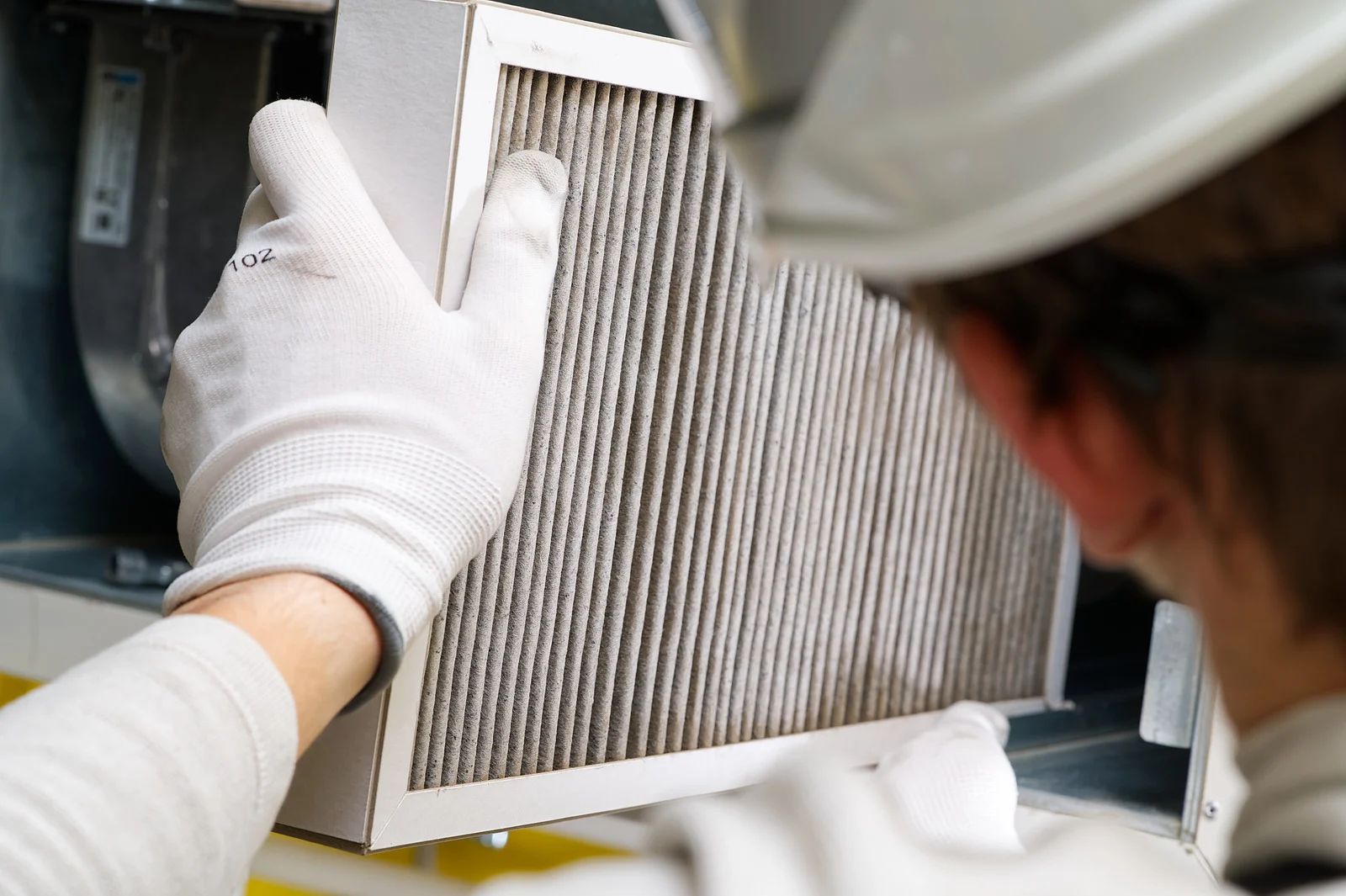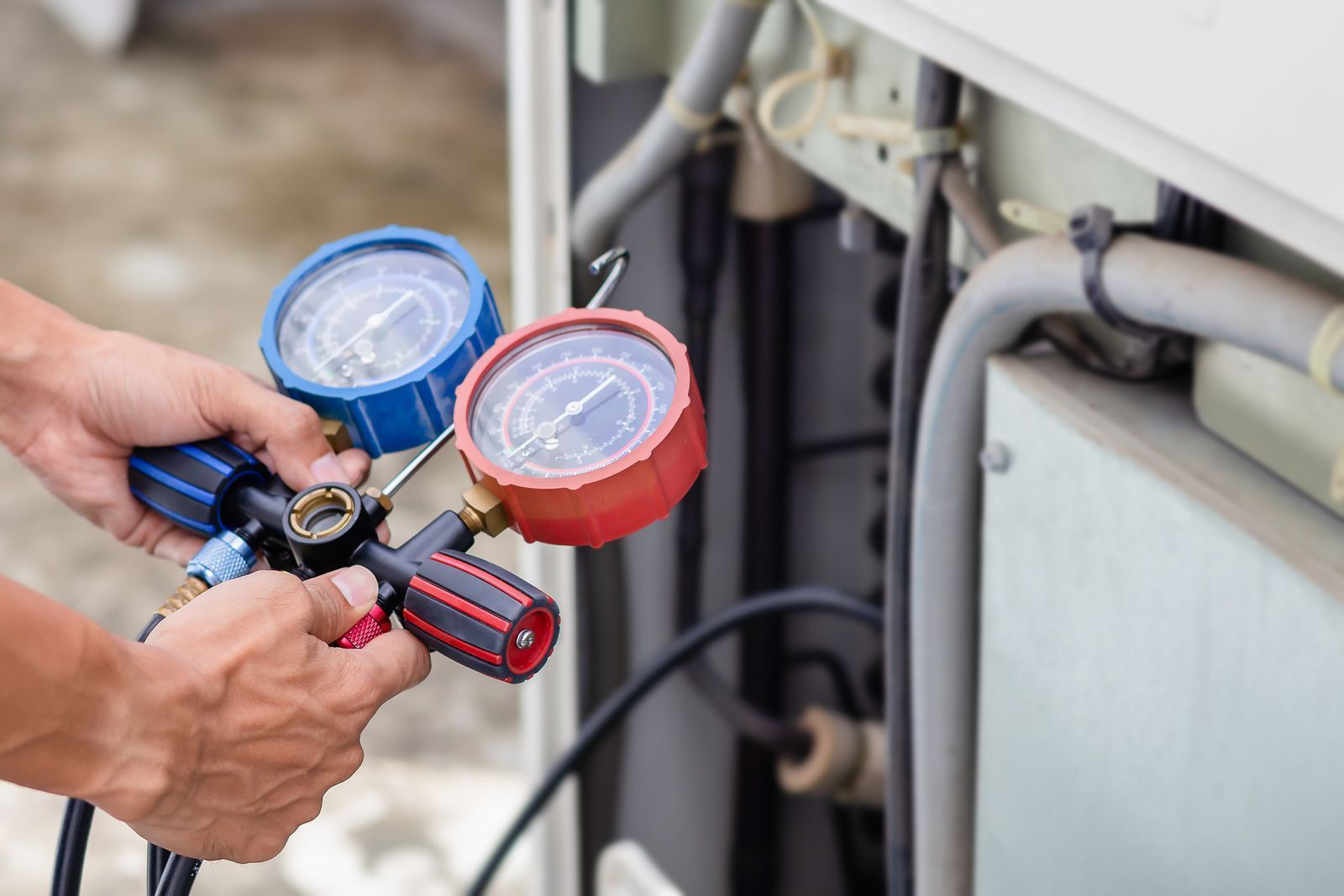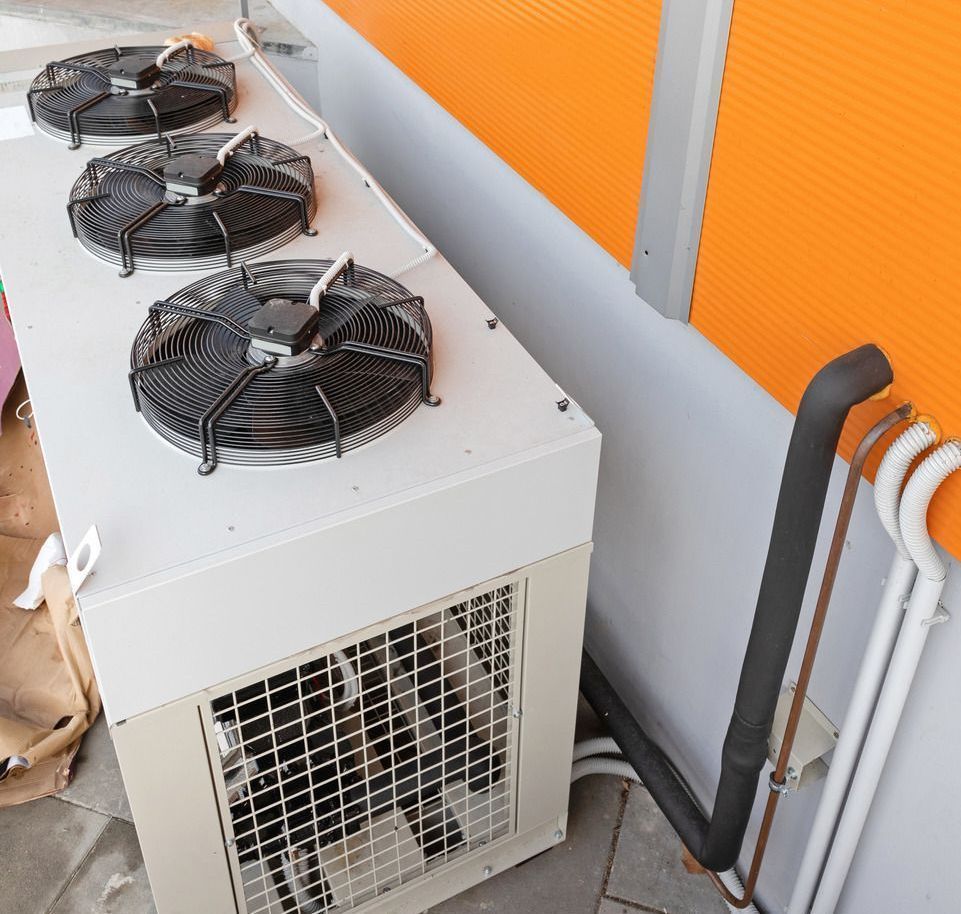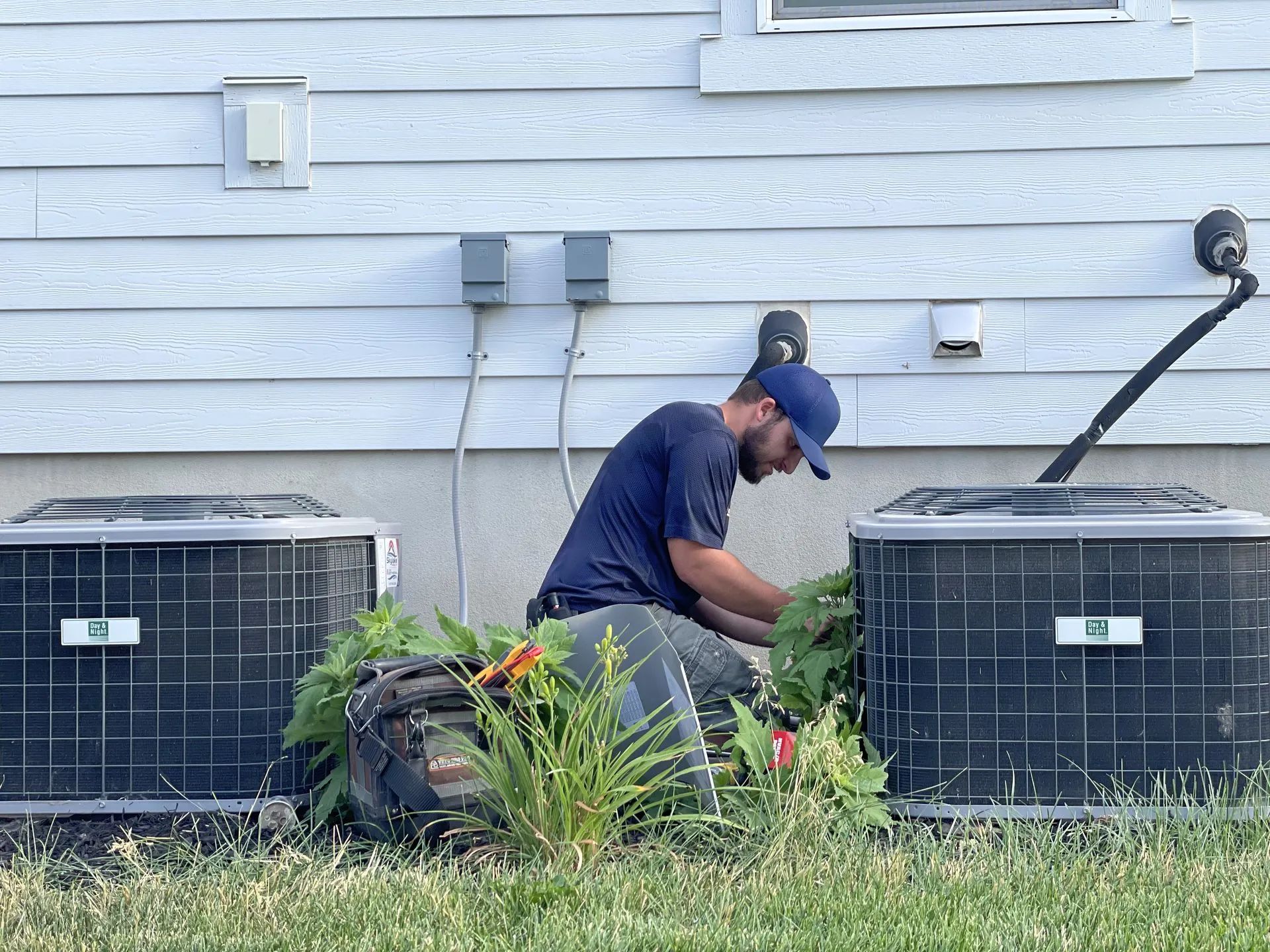How Often Should You Replace Your HVAC Filters?
September 4, 2025

Keeping your HVAC system in top condition starts with a simple but essential task—replacing your air filters. HVAC filters play a crucial role in maintaining indoor air quality and ensuring your system runs efficiently. Over time, dust, dirt, and allergens accumulate in the filter, restricting airflow and forcing your system to work harder.
Failing to replace your HVAC filter regularly can lead to higher energy bills, poor air circulation, and even system malfunctions. But how often should you change it? The answer depends on factors like the type of filter, household conditions, and HVAC usage. By understanding the right replacement schedule, you can extend your system’s lifespan and improve indoor air quality.
Factors That Affect Filter Replacement Frequency
1. Filter Type and Quality
The type of filter you use significantly impacts how often it should be changed. Common filter types include:
- Fiberglass Filters: Inexpensive but require replacement every
30 days.
- Pleated Filters: Capture more dust and allergens, lasting
60 to 90 days.
- HEPA Filters: High-efficiency filters that can last
6 to 12 months, depending on usage.
Higher-quality filters generally last longer but may still need frequent checks to ensure they are not clogged.
2. Household Size and Air Quality
If you have multiple occupants in your home, your HVAC system works harder to filter out dust, pet dander, and other pollutants. Homes with fewer occupants and minimal dust may go longer between filter changes, while larger households should replace filters more frequently.
3. Pets and Allergies
Pet owners should replace filters more often since pet hair and dander quickly clog them. If you have dogs or cats, it’s best to check filters every 30 to 60 days. Similarly, households with allergy sufferers benefit from frequent filter changes to reduce allergens and improve air quality.
4. HVAC System Usage
The more you use your HVAC system, the faster the filter gets dirty. During peak seasons—summer and winter—when heating or cooling is used heavily, filters should be replaced more frequently. If you use your system year-round, check your filter every 30 to 60 days.
5. Location and Environmental Factors
Living in areas with high pollen counts, dust, or pollution can cause filters to clog faster. If you’re in a dry, dusty region or near construction sites, check your filter at least once a month and replace it as needed.
Signs It’s Time to Replace Your HVAC Filter
Even if you follow a replacement schedule, it’s important to recognize signs of a dirty filter. Some common indicators include:
- Reduced airflow: If your system isn’t blowing air as strongly as before, a clogged filter may be restricting airflow.
- Increased energy bills: A dirty filter forces your system to work harder, leading to higher energy consumption.
- Dust buildup in your home: If you notice excessive dust settling on furniture, your filter may not be effectively capturing particles.
- Musty or stale air: A clogged filter can cause poor indoor air circulation, leading to unpleasant odors.
Maintaining a clean HVAC filter is one of the easiest ways to keep your heating and cooling system operating efficiently. At Warner Heating & Air Conditioning
in Riverton, UT, we have 35
years of experience helping homeowners improve air quality and maximize HVAC performance. Need expert advice on filter replacements or
HVAC maintenance? Contact us today to schedule a service!





